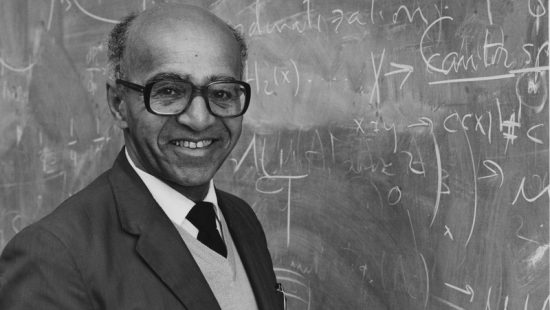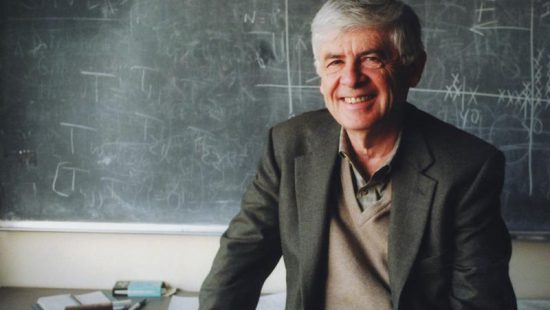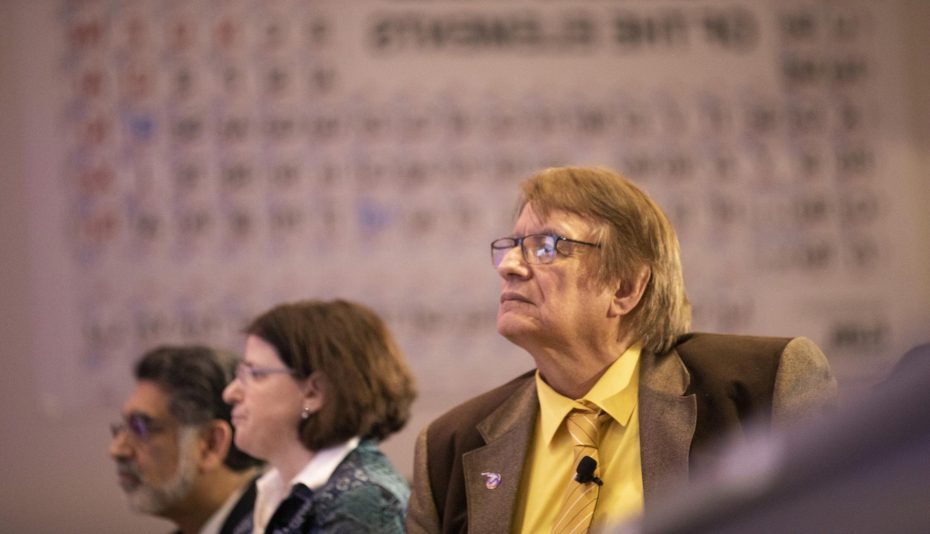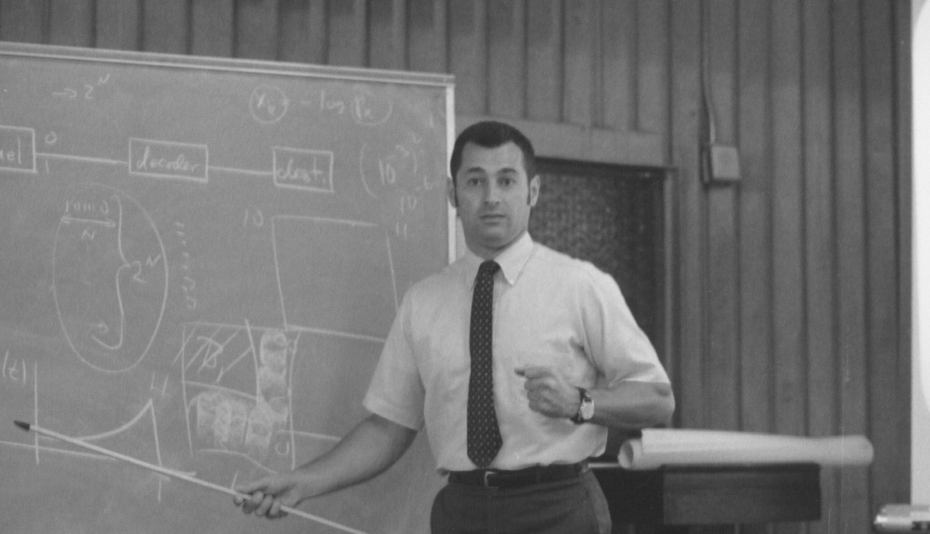John W. Backus wandered into the IBM headquarters in New York City to marvel at a room-sized calculator, briefly mentioning to a tour guide that he was studying mathematics at Columbia University.
At that moment, his life would change.
The young graduate student was whisked upstairs to take a test and hired on the spot.
Back then, there was no “computer science.” Tech companies hired problem-solvers, and Backus was a good one.
“Much of my work has come from being lazy,” he told IBM’s employee magazine in 1979.
In the early 1950s, computers had to be “hand coded” using a meticulous esoteric programming language interpretable by an elite few.
Fed up with the complicated process, Backus set out to find an easier way to write programs.
In 1957, Backus and his team created FORTRAN, a higher-level programming language. Resembling a combination of algebra and English, the system opened the door for the code programmers use today.






